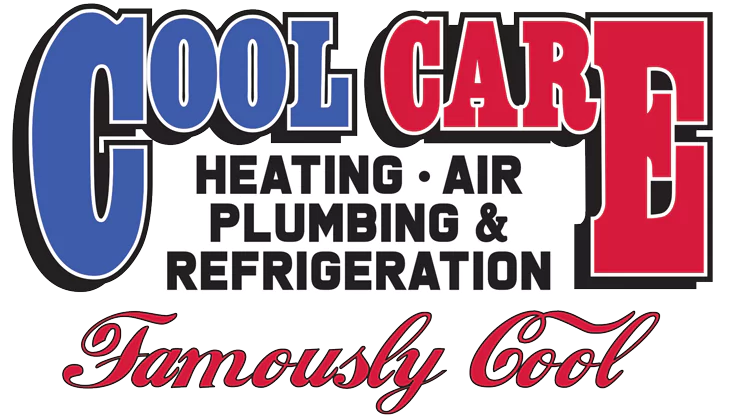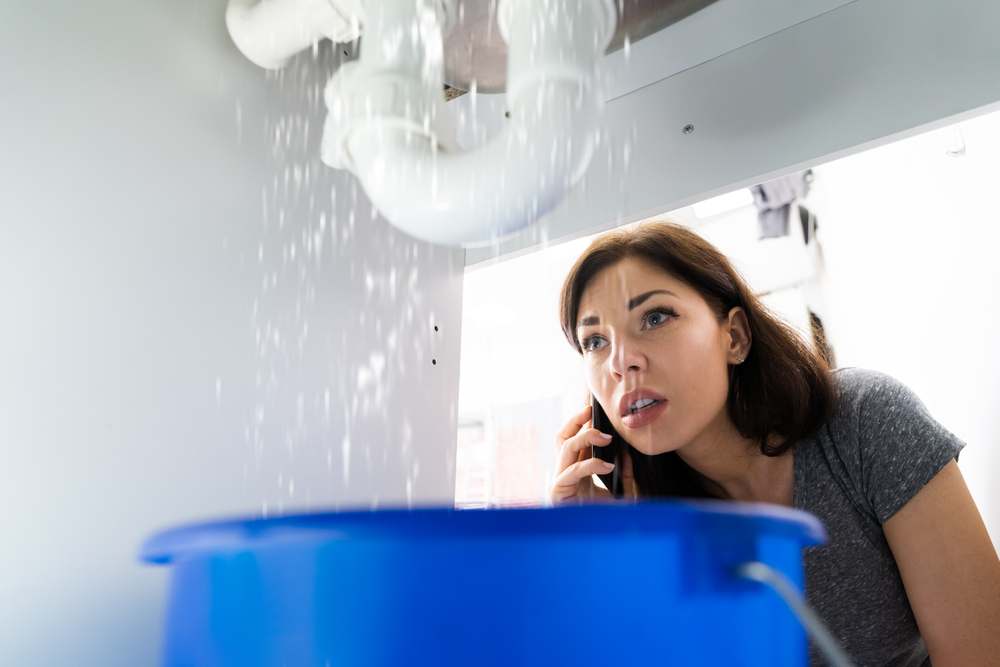Plumbing issues are among the most frequent household headaches that homeowners have to deal with, ranging from annoying drips and clogged sinks to more serious issues that can lead to major damage and costly repairs. Yet most plumbing issues can usually be avoided with simple preventive measures and regular maintenance. This guide will offer some useful tips on how to prevent plumbing problems with regular plumbing maintenance, as well as how to know when it’s time to call in a professional.
Most Common Home Plumbing Problems
What are the four most common plumbing problems? For most households, they will typically be the following:
- Clogged Drains
- Leaky pipes and faucets
- Running toilets
- Low water pressure
Plumbing Problems’ Proactive Prevention Techniques
Prevent Clogged Drains
The most common plumbing problem most plumbers encounter is clogged drains. To prevent them, we recommend installing drain strainers in all of your sinks to keep food, hair and other debris from entering the pipes. Avoid pouring grease and oil down your drain. A mixture of vinegar and baking soda poured down your drains once a month will help keep them clear and odor-free.
Fix Leaky Faucets
Dripping faucets aren’t only annoying, they can waste many gallons of water each month. Keep a close eye out for leaks and be prepared to replace the worn-out washers and seals on the faucet when necessary. Make sure the faucets are turned all the way off after use. If leaks persist, it may be time to replace the faucet altogether.
Stop Running Toilets
Another annoying and huge water waster is a running toilet. Remove the top of the toilet tank and check the adjustment of the chain connecting the flush handle to the flapper in the bottom to ensure it makes a good seal on the tank drain. Inspect the flapper itself for signs of damage or deterioration and replace it if needed. Also check the fill valve and float to make sure they’re operating properly.
Maintain Water Pressure
Low water pressure is often caused by the aerator on the faucet nozzle being clogged with sediment and mineral deposits. Simply unscrew the aerator and clean it, or replace it if the deposits can’t be removed. Leaking pipes can also be a cause of low water pressure so an immediate inspection for leaks is called for. Consider installing a water pressure regulator if your home’s pressure is consistently too high or low.
When to Call a Plumbing Professional
While many common plumbing issues can be handled with a DIY fix, you need to know when you’re over your head to avoid causing worse problems and expensive repairs. Here are some signs that you should call in a pro:
- Persistent leaks that are causing water damage to walls, ceilings or floors
- Sudden drops in water pressure throughout the house
- Bad odors coming from drains, possibly indicating sewer line issues requiring professional drain cleaning
- Multiple clogged drains suggesting a blocked main line
- Water heater not working and/or making strange noises
- Obvious signs of pipe damage or corrosion
If you experience any of these symptoms of deeper plumbing issues, it’s best to call in a licensed plumbing contractor to assess the situation.
The Importance of Regular Plumbing Maintenance
Regular preventive maintenance is the key to avoiding plumbing issues, large and small. If you’ve ever wondered, “How can I make my plumbing last longer?” write down a routine maintenance checklist to help catch issues before they get worse, helping to extend the life of your plumbing system. Here’s a simple seasonal checklist to help you get started. Add to it as needed for your situation.
Spring Maintenance
- Inspect outdoor faucets and hoses for any winter damage.
- Clean your gutters and downspouts to ensure proper drainage.
- If you have a sump pump, check to see it’s operating properly.
Summer Maintenance
- Keep an eye on your water usage and note any sudden increases, which may indicate a hidden leak.
- Inspect washing machine hoses for signs of wear or bulging.
- Keep outdoor drains free of debris to prevent blockage.
Fall Maintenance
- Disconnect and drain outdoor hoses and store them inside.
- Insulate exposed water pipes in unheated areas to prevent freezing.
- Schedule a professional inspection of your hot water heater.
Winter Maintenance
- When the weather gets extremely cold, allow your faucets to drip to help keep pipes from freezing.
- Keep under sink cabinets open to allow warm air to circulate around pipes.
- Know where your main water shut-off valve is located in case of emergencies.
Don’t wait until you have a plumbing disaster — prevent common plumbing issues before they escalate into costly repairs.
Call Cool Care for Any of Your Home Plumbing Problems
Cool Care offers comprehensive plumbing solutions. We can help you with:
- Water Heaters
- Water Treatment Systems
- Bathroom Plumbing
- Kitchen Plumbing
- Slab Leaks
- Video Pipe Inspections
- Well Pumps
- Drain Cleaning
- Sewer Cleaning
- Repiping
- Gas Lines
- Garbage Disposals
- Sump Pumps
- Plumbing Inspections
Have you noticed any of these issues in your Columbia, SC, home or business? Contact us today to schedule a plumbing service.


